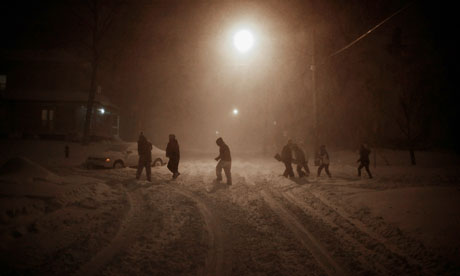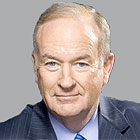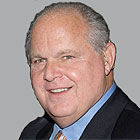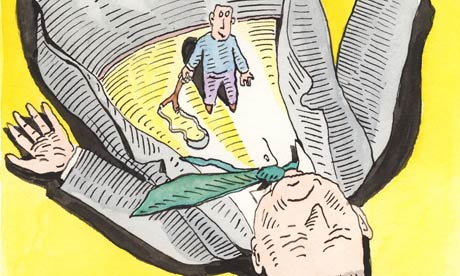The Guardian's USA site is a great source, and Richard Adams' blog is a very handy summary of the week's developments, peppered with useful insights into how US gov/pols works (or, often enough, doesn't!). I've copied in a little bit of this week's; the section on the weakness of US parties, and the part the primary system plays in this, is nice + concise info/analysis that you should note.
US politics live blog: Election calendar chaos for Republican candidates
[Source: Richard Adams' blog, 29.9.11, at http://www.guardian.co.uk/world/richard-adams-blog/2011/sep/29/republican-presidential-nomination-2012-chris-christie]The 2012 election schedule gets ripped up as Republicans tussle while polls show no clear GOP frontrunner
Today's theme is uncertainty: uncertainty over whether New Jersey governor Chris Christie is a presidential candidate, uncertainty over when and where the Republican presidential primaries will take place, and uncertainty over whether the GOP's grassroots even like any of the candidates on offer:• Christie: Since making his quasi-presidential speech on Tuesday night there has been no word from the man himself about whether or not he's a candidate. Even his father says he doesn't know. But "sources" say he is "considering" a run – although other "sources" say he isn't.
• Primary calendar: Florida's Republicans are said to be moving up their state's primary to the end of January – up-ending the carefully constructed schedule of elections that the national Republicans had constructed. The net result will be another shambles as in 2008, with Christmas and New Year in Iowa for the GOP candidates.
• Frontrunner?: But who will Republicans be voting for? After Rick Perry's debate disaster last week, the latest opinion polls show no clear picture of who the Republican favourite is, with Mitt Romney and Perry closely matched and businessman Herman Cain gaining ground.
 |
| Iowa City in winter |
In other news, Herman Cain told CNN that African Americans are "brain-washed" into supporting the Democratic party, comments that are unlikely to prove popular with African Americans.
[BELOW: AN EXCELLENT, CONCISE ANALYSIS OF THE WEAKNESS OF US PARTIES (AND THE ROLE OF THE PRIMARY SYSTEM) COMPARED TO EUROPEAN PARTIES]
One of the mysteries of US politics that outsiders don't understand is how weak the two political parties are, compared to their European counterparts. Both the Republican and Democratic parties are loose coalitions of state organisations reinforced by the primary system, in which elections are organised (and paid for, largely) at individual state level.As a result, state parties can choose their own method and timing of primaries. Traditionally, Iowa and New Hampshire have gone first – a hallowed tradition that dates all the way back to 1976 – but other states realise that the earlier a state's primary is held, the more influential it is.
The 2008 primary calendar saw near chaos as several states, including Florida and Michigan, edged their dates forward, with Iowa and New Hamshire retaliating. The outcome was the Iowa caucuses kicked off on 3 January.
Party leaders vowed to stop a similar result in 2012, and the Republican National Committee set up a strict structure with four states voting in February to push the calendar back.
The RNC's deadline for state primary dates is this Saturday – and now Florida says it will decide tomorrow on moving its primary to January 28 2012, which would inevitably set off a shuffling forward by the others, and end with ... Iowa holding its caucus just after New Year's Day. In conclusion: d'oh!
Here's a full and excellent explanation of the primary calendar chaos, by National Journal's Reid Wilson:Despite the best efforts of both the RNC and DNC, the 2012 calendar remains in largely the same situation as the 2008 calendar, with a host of states rushing toward the front of the line, disrupting holidays and threatening to bleed over into the previous year. The harsh threats of stiff sanctions against wayward states have deterred no one.
In fact, the only harm to come from the whole squabble has been to the parties themselves. Their grasp over the presidential nominating system has been shown to be weak, and their threats cast aside as inconsequential. The constituent states the parties represent, in effect, have cast off party leadership. Governing requires the consent of the governed, and the governed no longer follow the governors.



